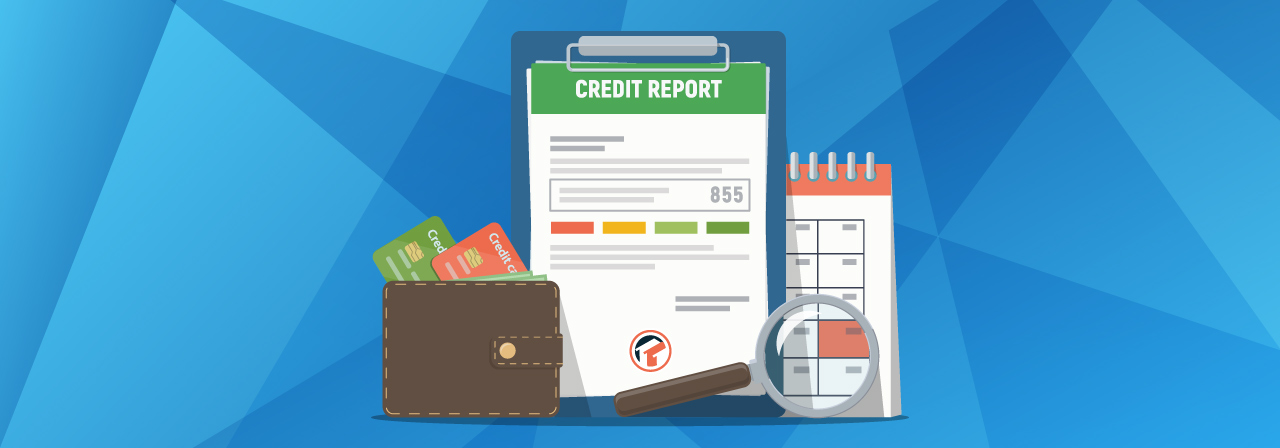The age old financial question: Is there such thing as “good” debt? This is certainly a polarizing topic among personal finance professionals. Many feel as though some debts such as home mortgages and even some student loans can be good debts as they return a fair market value in either equity or income, respectively.
On the other hand, some financial experts say there is virtually no such thing as good debt and it should be avoided at all costs. So what is the answer? Let’s take a look.
What Is Considered “Good” Debt?
As we’ve already mentioned, there are some debt obligations that could be considered “good” debts depending on your perception and where your personal finances stand in the midst of it all. Generally speaking, finance professionals consider mortgages to be good debts as borrowers progressively earn equity on their home.
Home equity can also be used as a bargaining point in refinancing and can be borrowed against in certain scenarios.
What is Considered Bad Debt?
Unlike good debt, bad debt is not hotly debated and pretty cut and dry. Credit cards, outstanding bills, and generally any petty unpaid expense are considered bad debt. And while one or two small unpaid debts won’t damage your credit score, too many can certainly ding your credit while making future borrowing more challenging.
The simple solution, of course, is to pay down your existing debt obligations, close unnecessary credit accounts, and pay your bills on time. All of these things will enhance your credit score all while reducing bad debt.
What About Student Loans?
With over $1.5 trillion in student loan debt in the United States, student loans are becoming a growing financial issue in the nation. But are student loans a good debt or a bad debt?
This depends largely on how much student loan debt you have, how your student debt (or degree) improved your income situation, and how you pay that debt down. Whether or not student loan debt is good or bad will depend on your personal perception of it; however, one thing remains constant: make consistent payments and make efforts to pay down those debts as soon as possible.
How Much Debt is Too Much?
This is another question that is difficult to answer. $1,000,000 in debt may sound like a lot to one person, but may be paltry to another depending on various factors such as income.
One way we can measure debt is by a simple debt-to-income ratio where you take the monthly debt obligations you have including credit cards, mortgage obligations, student loans, etc. and divide that by your monthly income. This ratio is used by many lenders and financial institutions to generate a baseline for your personal fiscal situation.
Generally, a debt ratio above 36% potentially indicates too much debt. Even great credit cannot overcome higher debt-to-income ratios, so work even more diligently to keep that metric low.
Get the Mortgage You Need
Regardless of your financial situation, Tidewater Mortgage Services can help you find a mortgage product that’s right for you. With over 20 years of experience in the mortgage industry means that Tidewater can help you find exactly what you need to achieve your dreams.
It’s possible to get pre-qualified the same day you apply through our online application or speak to a professional to get started today!


